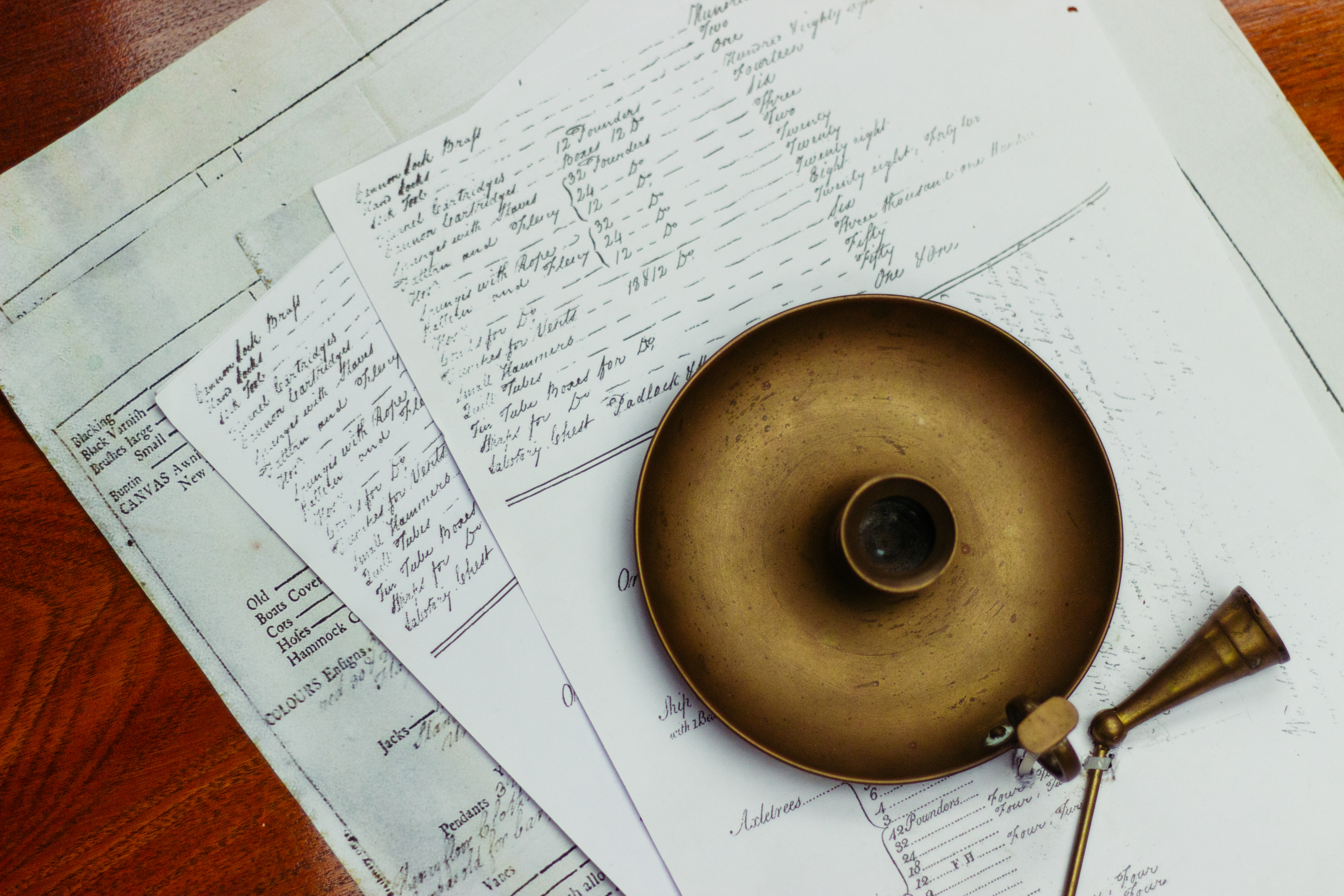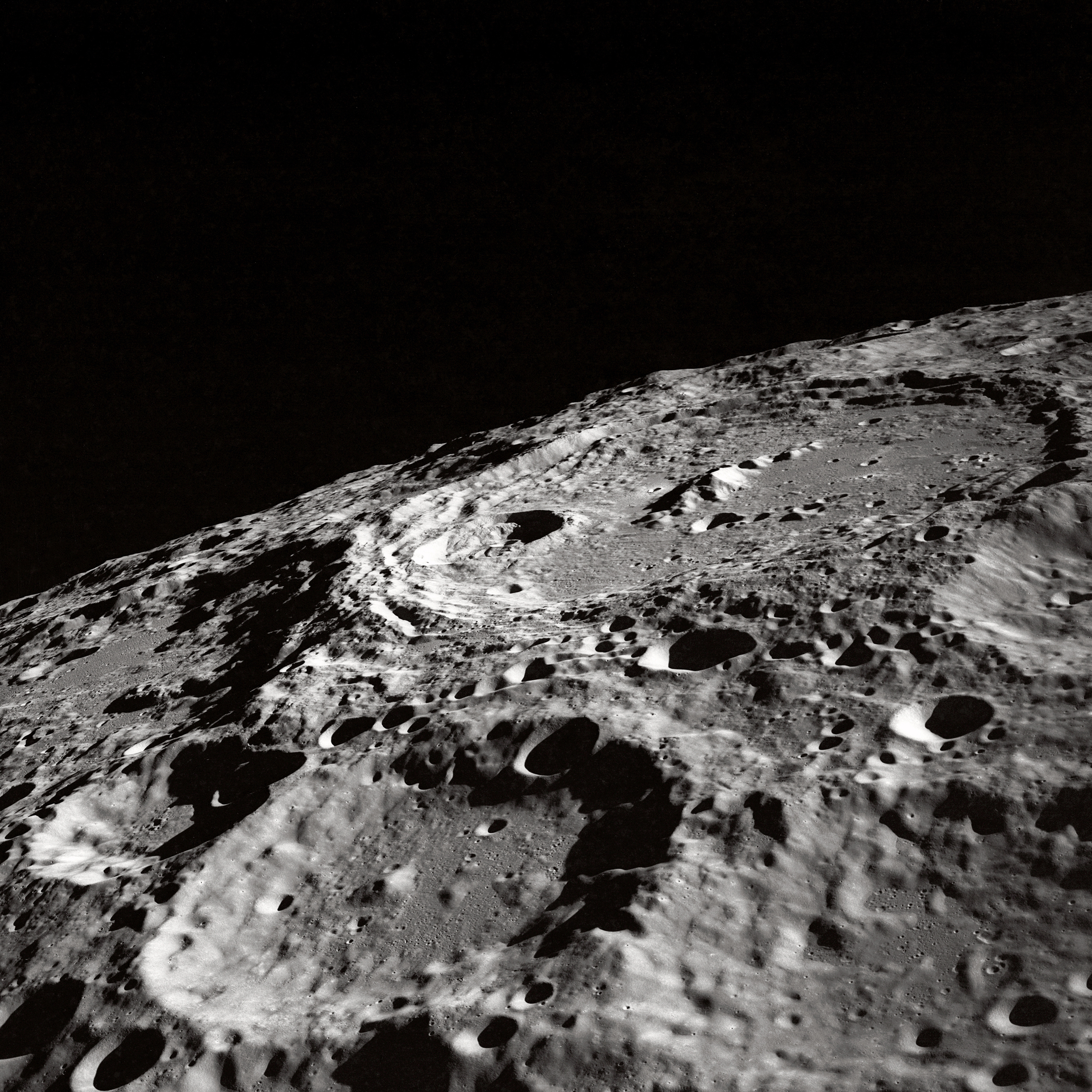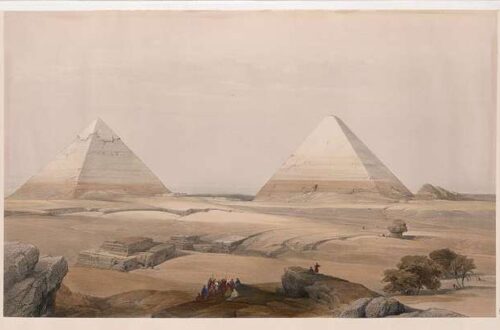
Knowledge Delivery or Knowledge Creation? How about both!
As I mentioned in a previous post, I have been shortlisted for this year’s Oxford University Press Law Teacher of the Year award. Part of the evaluation process involves institutional visits by a panel of judges (there are six candidates). In my case, a panel of three judges came to QUB this past week to carry out a five-part assessment including: a) a lecture, b) an interview, c) a meeting with the head of school, c) a discussion with colleagues, and d) a focus group with (a dozen!) students. And, just when I thought it could not get any more comprehensive, I learned that every element would be recorded and reviewed by an even larger panel of six judges. Talk about robust!
There is much I would like to say about the experience. For now, however, I will limit myself to expanding on a question I was posed during the interview. The judges enquired about the ‘delivery of knowledge’ and whether I perceived my role as an educator as reaching beyond this vital act.
The short answer is yes. ‘Knowledge delivery’ is a layered concept. Education is of course communicative: teachers communicate material to students and this act can be represented as a type of delivery (please don’t tell uber). There is more to it, however. We communicate material to students not solely for rote purposes: memorisation and regurgitation. Rather, through the communication of knowledge, students develop a deeper understanding of the world. The new knowledge obtained will, on one hand, alter how they understand the old knowledge they already possess and, on the other, impact how they engage the world around us.
In this way, we are not simply pursuing the delivery, transfer, or dissemination of knowledge though these acts are on the agenda. Instead, an educator and a student are motivated by knowledge creation. To be sure, I do not mean the creation of knowledge in the way that Einstein, or Curie, or Newton did. Rather, as students learn something new about the world, as they fuse new knowledge with old understandings, they develop new outlooks and abilities and, in the process, create new possibilities for themselves and beyond.
So, yes, education does involve the delivery of knowledge but this is only an initial step. The delivery must be followed by efforts towards acquiring or, more precisely, towards internalising the new knowledge. By this I mean that the knowledge must be acted upon in some way if the student is to fuse new and old knowledge together. Problem solving exercises or other types of applications are ideal in this regard hence the importance of providing students with opportunity to implement – and not to simply repeat – the knowledge.
It is for this reason that lectures are most always flanked by tutorials: the former for the delivery and the latter for the application. Unfortunately, many students (and many educators) treat tutorials as a lecture recap or top-up. Neither of these activities take us beyond the introductory phase of education and so we are stuck with mounds of delivery and limited application, and thus only superficial knowledge creation.
Reading back this post, I have less a sense of déjà vu and more a feeling of curiosity about the pedagogical practices in place at my university and beyond. If I think about it, I suppose introspection is precisely what the award is meant to stimulate.




